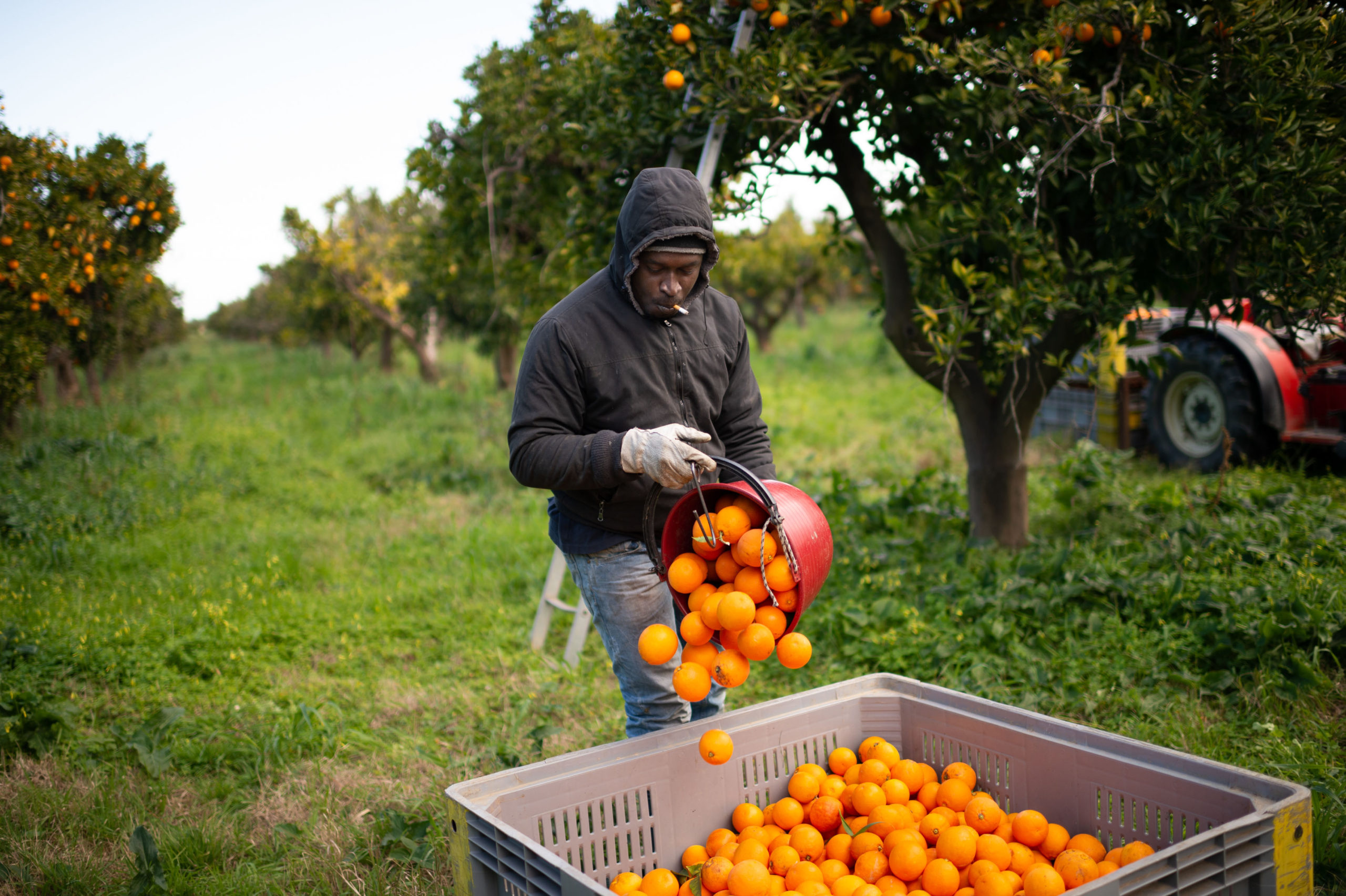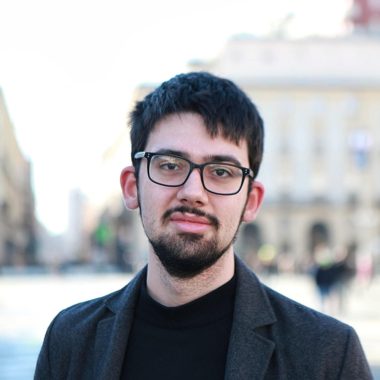Last June in Europe many protests erupted in the streets after George Floyd’s death. Almost every week people gathered in different cities, with the commitment to express solidarity to the African-Americans.
Despite this noble purpose, the BLM movement in Europe has not heavily impacted politics or society. Mainly it has only obtained some statements by few governments and not in all countries, as many cabinets are busier on the reopening plans rather than racial justice.
The main goal European activists have achieved is a huge polemic about statues pull down or covered up with boxes, as happened in London, and such a marginal issue is becoming the principal topic medias pay attention to.
Maybe this marginalization is caused by the marginalization of the same European movement, which is so far different from the American one. While the latter was born in the suburbs, European demonstrations are ideological, born in the city center. They are made up of white young, many of them well-to-do, who pretend to represent the willing of the racism victims, like in May 68 the sons of the bourgeoisie pretended to be the working-class voice.
Besides it is necessary to say that many people protesting do not know for what they are standing up in the streets, because the news they have on USA is filtered by dispatches from press agencies, without contact with the deep African-American reality.
If this may be forgiven by two thousand miles of Atlantic ocean, it cannot be the same with the condition of African migrants in the old continent, where few people are really interested in going beyond the surface reality.
For example, in Italy there are many African clandestine newcomers who works in the fields throughout all the country, mostly in the South, where the rural natives have rarely attended protests, not because they are racist, but probably because they themselves have been exploited for centuries as farm hands by landowners. That is why they have understood the need to be wary of those who offer freedom from a free and rich condition, because they will never be in the plantations to understand what the real problems are.
Actually protesters are mostly citizens from the North, but in northern cities there’s not an huge exploitation as in the countryside, from where few migrants endorsed the manifestations. Many of them probably did not know sit-ins were set up.
The first impression is that Black Lives Matter does not exist in Europe, where some people ape the American unrest. The second impression is that the movement erupted in Europe is a way to advantage some political parties, who have the will to dominate the protests, without doing nothing real at all.
Moreover it’s quite unbelievable that the protests have been organized only by students, as is written on many newspapers. Demonstrations were not always born spontaneously.
In Italy they have been settled in famous squares (People Square in Rome, Duke of Aosta Square in Milan or Castle Square in Turin) with the agreement both of police and prefectures, a few days after Floyd’s murder.
Any Italian (and lots of Europeans) know that bureaucracy in their motherland is a monster. In order to get a permit for a demonstration, you must fill in hundreds of forms, with large notice, during normal times – just imagine this during the corona-virus pandemic. How is it possible these demonstrations had not had to do this? Were the state officials anti-racist fellows? I don’t think so.
Finally listening to the alleged leaders of the movement in many cities, there’s a strong confusion about their own commitments, which often abuse the word “racial justice.” Maybe this is not as true in Britain as it is in the continent, because UK population is a melting pot similar to the States.
However in other countries protests seem to be the tool many little organizations are using to have a voice in the political debate. They are often communist or Marxist parties, who are trying to make the demonstrations communist as they are, even if among the anti-racists there are also social-democrats, left liberals and right-wing sympathizers.
The more these political formations make the protests radical (not in anti-racist way), the more the silent majority will become conservative, including the majority of the black migrants in Europe, who have not joined this alleged revolution.
White people obviously can help people of color in their battle against racial hate, but without black folk grassroots participation whites are basically promoting only their own ideas.
As Tom Wolfe would say, the lack of contact with the African-European masses, damaged by racism, could lead the old-continent movement to be merely a group of radical-chic.
Author
-

Dario Pio Muccilli is the Star-Revue’s Italian correspondent, based in Turin. Email him at muccillidariopio@gmail.com
View all posts
Dario Pio Muccilli is the Star-Revue’s Italian correspondent, based in Turin. Email him at muccillidariopio@gmail.com











